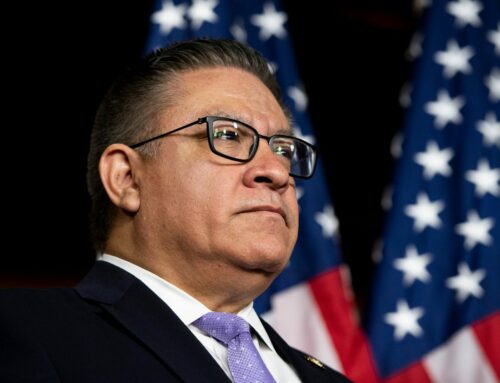South Dakota Senate Committee Halts Bill Limiting Medical Cannabis Access
LOS ANGELES- In a significant turn of events, the South Dakota Senate Health and Human Services Committee, with a decisive vote of 5-2, chose to halt proceedings on a bill that threatened to restrict medical cannabis access for many patients. This development, as reported by NORML, reflects the complex dynamics at play in the state’s evolving cannabis regulatory landscape.
The bill, identified as SB 82, proposed to restrict medical cannabis recommendations to primary care physicians or healthcare providers designated by them. This measure would have potentially criminalized doctors who recommended cannabis but did not adhere to the bill’s stringent criteria. The decision to postpone any further action on SB 82 was influenced by concerns over the bill’s impact on both patients and healthcare providers.
South Dakota’s legislative session in Pierre has seen a flurry of proposed bills aiming to modify medical cannabis regulations, with seven out of nine still under consideration. These include proposals to increase dispensary license costs, empower police to search dispensaries, and mandate communication between prescribers and a patient’s primary care doctor upon issuance of a medical cannabis card.
Jeremiah Murphy, a lobbyist for the Cannabis Industry Association of South Dakota, highlighted the particular threat posed by SB 82. He pointed out that the bill’s passage would have made it significantly easier to criminally charge doctors prescribing medical cannabis. This bill, therefore, stood out among the others for its potential to disrupt the state’s medical cannabis program.
Senator Erin Tobin, a nurse and chair of the Senate Health and Human Services Committee, played a pivotal role in challenging the bill. Tobin, who also serves on the Medical Marijuana Oversight Committee, raised concerns about the practicality of defining “primary care provider” in legal terms. She argued that the bill’s ambiguity could deter doctors from prescribing cannabis, depriving patients of beneficial treatment. Tobin’s stance reflects a broader apprehension about the potential chilling effect of such legislation on healthcare practices.
This legislative development occurs against the backdrop of South Dakota’s 2020 vote to legalize medical cannabis, a decision supported by 74% of voters. Since then, the state has seen attempts by anti-cannabis lawmakers to roll back or restrict this law. Despite these efforts, the state currently has over 13,000 registered medical cannabis patients and more than 250 authorized practitioners.
The bill’s opponents also pointed to the lack of evidence indicating abuse of the current system and raised concerns about its impact on specific groups, such as veterans and Native American citizens. Veterans, often reliant on cannabis for conditions like PTSD, face constraints due to the Veterans Affairs Health System’s current prohibition on cannabis prescriptions. However, this might change with the Senate Appropriations Committee’s recent passage of a budget bill amendment, introduced by Senator Jeff Merkley, allowing VA doctors to recommend medical cannabis in states where it is legal.
The situation for Native American citizens is equally complex. Many rely on the Indian Health Service (IHS) for healthcare, where, like the VA, medical cannabis prescriptions are barred due to federal law. This scenario underscores the unique healthcare challenges faced by Native American communities in accessing medical cannabis.
Overall, the postponement of SB 82 marks a critical moment in South Dakota’s medical cannabis policy, reflecting a growing recognition of the need to balance regulatory concerns with patient access and healthcare provider autonomy. As the legislative session continues, the fate of the remaining bills and their impact on the state’s medical cannabis landscape will be closely monitored.



































